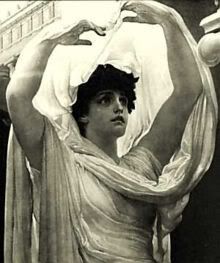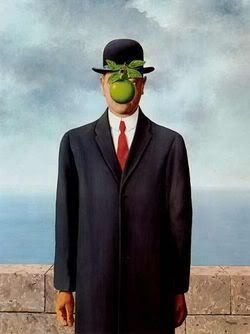On A Bench At The Mall

Between two stores there stands a wall.
Before the wall the people pass,
And in my brain the forms let dance.
Looks to concept, a distant jump
The self still weeps in a clump.
As I watch them pass the store,
Who watches me? Behind my door?
Thickened veils and painted masks,
Still closed if they had the chance.
So quick to visit distant shores,
What blood escapes their pores?
I sit still here upon the bench,
It has become a wretched stench.
A perfect place above the trees,
Yet the angels all watch me.
A massive stairway to the clouds,
But up itself is coming down.
My eyes will search to watch it fall
Down to a bench at the mall.
To err is human, to forgive divine.
Pope
Labels: Angst, Esthetics, Love and Loving
Read More ...









